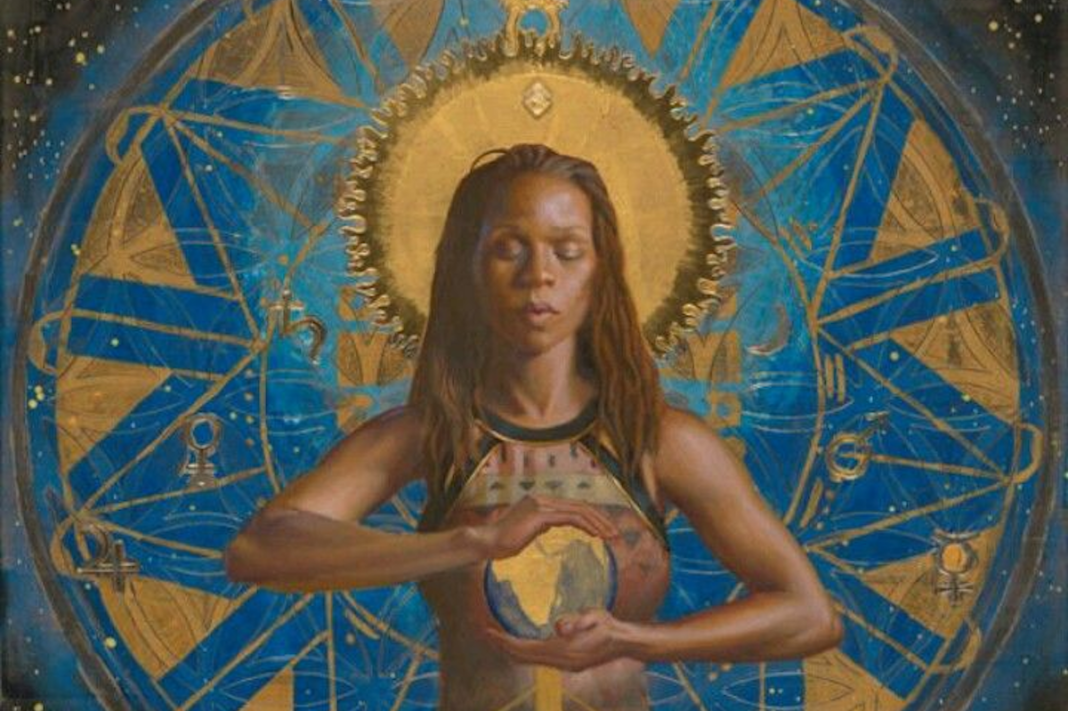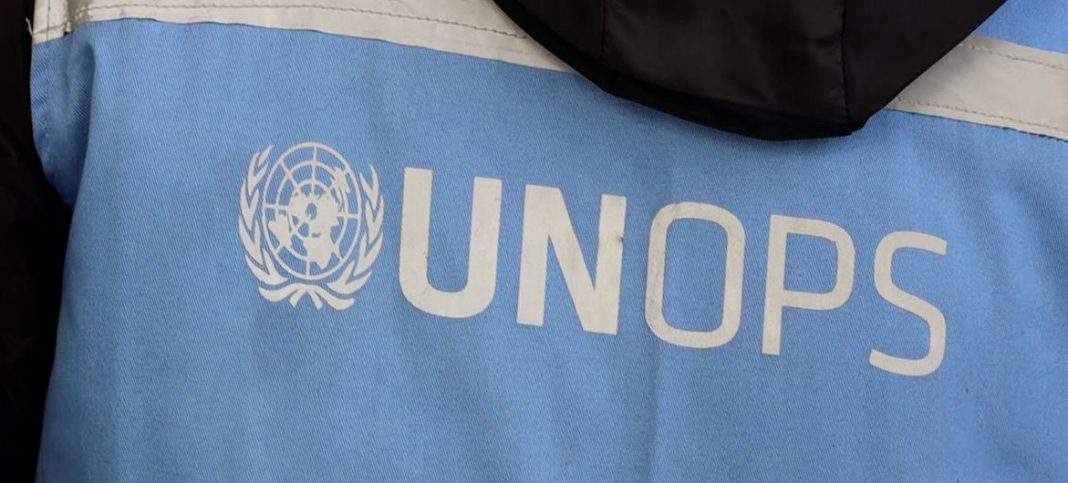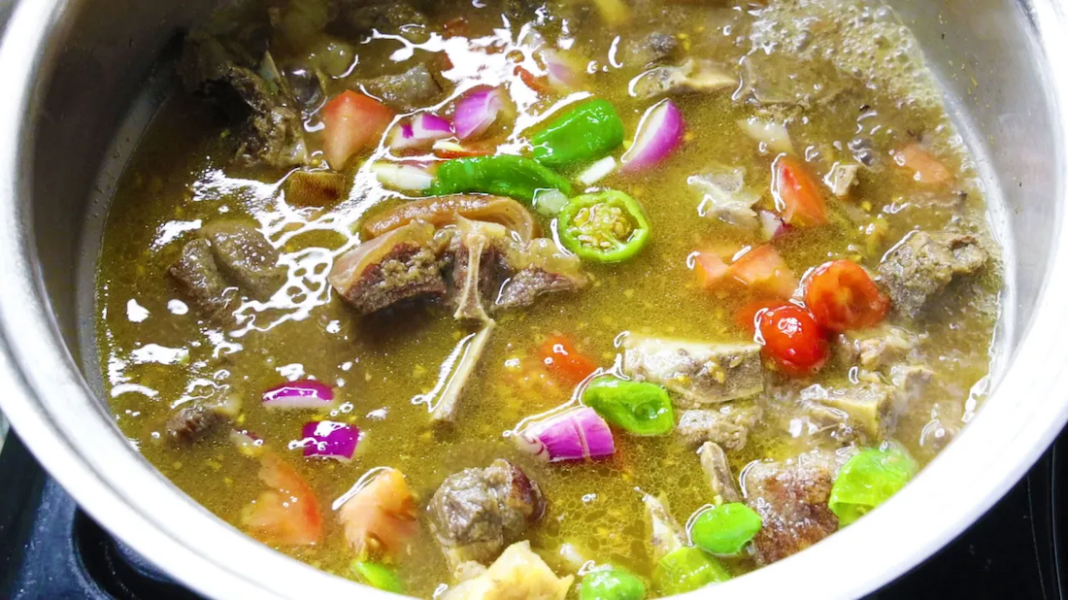New York, N.Y. — Chimdi Nobim has written a wonderful introduction to Odinani, the ancestral spiritual science of the Igbo people of Nigeria. He writes:
What is Odinani?
“Odinani is the ancestral spiritual science of the Igbo people of Nigeria.”
“Literally translated it means “It is in the Earth/land,” referencing the traditional Igbo belief that Ani/Ala the Earth Mother Goddess is central to our very existence and to progress in all endeavors.
Odinani/Odinala should not be confused with Omenani/Omenala, which are the social elements (customs and traditions) of Igbo people, although there are obvious links between the two, as spirituality is often the basis for all other cultural elements.”

What are the basic tenets of Odinani?
Chimdi Nobim writes, “In Odinani it is believed that everyone is a spiritual being (mmuo) born into a physical body (mmadu) to accomplish a destiny on Earth, or to acquire experience.
At the center of our being is Chi, the divine spark that is our true self and that guides us from within, and is our link to the Supreme Being And Source of All Life known as Chineke, which has a masculine part called Chi Ukwu (Great Soul) and a feminine part called Eke.
While Chi Ukwu is the source/collective of all Chi, Eke is Creation herself and sustains and nurtures all life within the universes contained in her Cosmic Womb. The Earth, Ani/Ala, is therefore an extension of the Divine Mother Eke.”


by G. I. Jones in the 1930s. Photo courtesy Chimdi Nobim.
Nobim continues, “The Divine Mother extends herself into forces of nature that regulate life as we know it, and these forces are personalized as deities (called Agbara, Alushi or Arushi depending on dialect).
Some common examples of these deities are:
Ihejioku/Ifejioku – deity of Agriculture
Omumu – deity of fertility
Ekwensu – deity of warfare
Amadioha – deity of justice
Onwa – deity of the moon
Anyanwu – deity of the sun
Nnemmiri/Oshimmiri/Idemili – deity of the waters
Arobinagu – deity of herbs
Agwu – deity of wisdom, knowledge and divination
This list is in no way conclusive as the number and functions of deities vary from community to community. Practitioners of Odinani invoke these deities on matters considered to be under their respective jurisdictions.
Reincarnation is a central belief of Odinani, as it is asserted that a person incarnates repeatedly, usually within a family, until certain tasks are successfully accomplished. Once accomplished, the individual takes his place amongst other ascended ancestors to guide and watch over descendants, provided said descendants are receptive to their guidance.
When a person incarnates, his previous incarnation is called onyeuwa, and it’s believed that the onyeuwa can be accessed and invoked to assist the individual in achieving the task that brought him/her back.
In Odinani it is also believed that humans are not alone in this world, neither is this world the only one. Surrounding us are subtle realms not accessible to our physical senses, which are populated by sentient beings.
Actually many of us on Earth as humans today lived in those worlds before our birth into this one, and we have friends and families there.
These beings are called mmuo in Igbo, also known as fairies/jinns/elementals/wee folk in other languages.
As we are all children of the Divine Mother whose worlds interface, our primordial ancestors established relationships with these spirit beings, much like treaties are established between nations, for mutually beneficial cohabitation.
Just like treaties are inherited by successive governments and people of a nation, so also do we inherit these covenants made with other worlds from our ancestors.
Some of these spirits serve as guardians for clans and communities, and in return we are expected to honor or repay them in several ways which depend on the initial ancestral agreement.”
Is worship part of Odinani?
Nobim writes, “In worship one is expected to give of oneself to another being on the assumption that this being has a right to demand it of us, no questions asked.
Also in worship one is expected to beg or grovel before another in hopes that the latter will answer our requests based on their own whim.
However, in Odinani, we seek only to align with our true nature, Chi, and be receptive to its guidance.
We do not believe Chineke our Supreme Being or any other force requires worship, how do you give anything to The One that is the Source of Everything? We also do not believe that Chineke is a vain and insecure entity that needs to be placated, cajoled or flattered.
While a casual onlooker might conclude that we “worship” the deities subordinate to the Supreme Being, as well as spirits we interact with, we do not. We relate with deities and other spirits on a transactional and not devotional level.
Life is balance, we give to receive, we provide value in order to get value, and this is true for all relationships where needs must be met. This is the essence of sacrifices and offerings in Odinani, which will be covered in more detail later. The offerings and sacrifices provide energies with which our spirit allies are equipped and compensated for their work, they are not materials for worship.”





